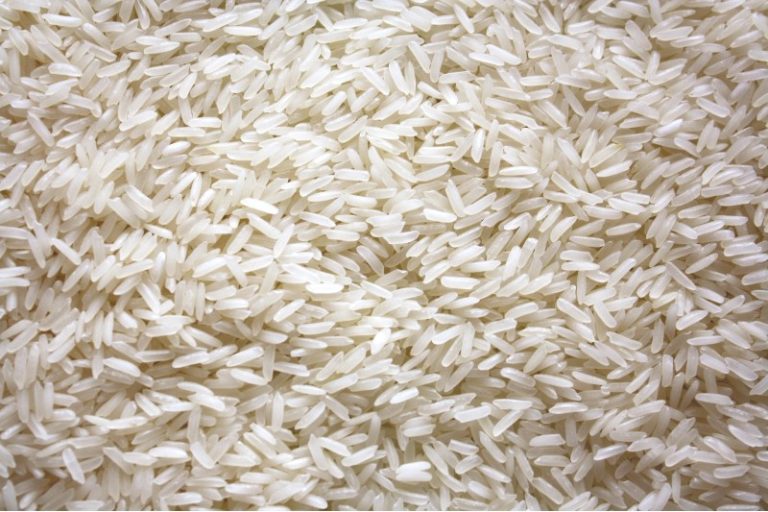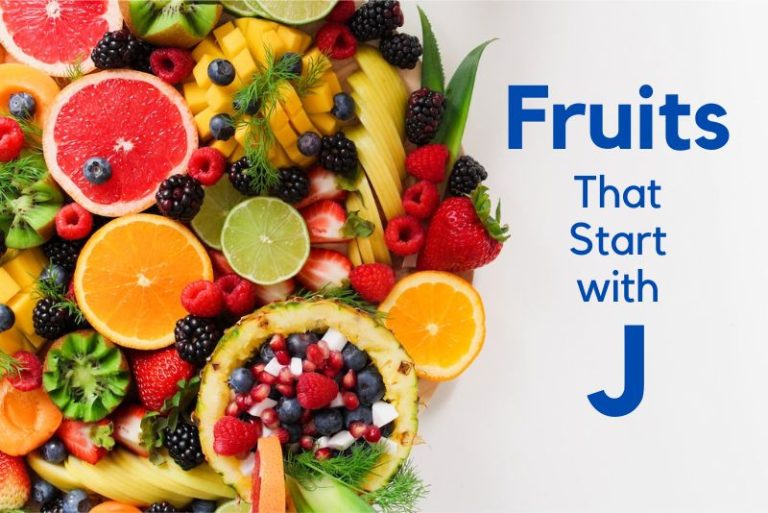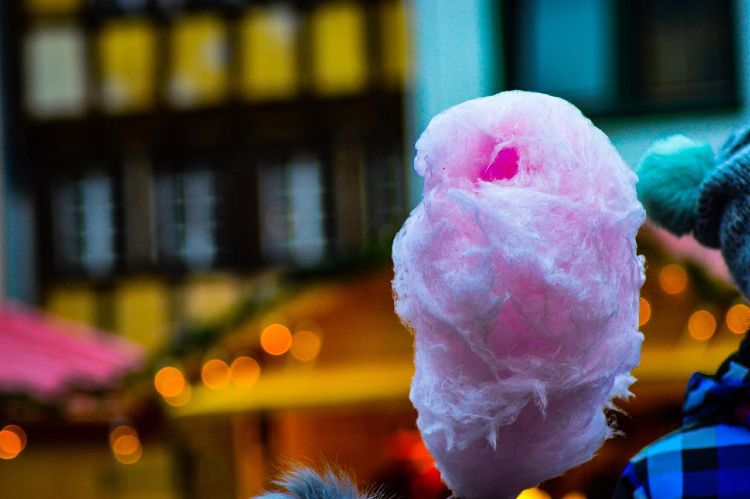The Story of Artisanal British Cassis
My family and I own a blackcurrant farm in Herefordshire, and for many years we have been a supplier to Ribena, who use the fruit to make cordials and soft drinks. They have been an excellent customer, valuing our contribution to their business and using our high quality fruit, membership of Wildlife Trust Scheme and our professionalism as unique selling points and marketing tools. However, around 6 years ago they pulled back from their existing contracts meaning that many growers had surplus to contract fruit.
We looked at a myriad of different opportunities to make full use of the blackberries. The juice business is well oversubscribed, and we did not have the expertise to develop a juice brand, but having had many holidays in the French alps and drinking many a Kir Royale I thought that perhaps there was an opportunity to develop a British Cassis. Ribena have helped the UK industry develop the most flavoursome berry soft drinks, so why should we not produce a most flavoursome cassis?
The business plan was really very simple, supported by a large farm with good cash flow and a ready crop that would otherwise go to waste, plenty of empty farm buildings and a background in PR and marketing. I was well equipped and qualified to put my idea into working practice, and I am lucky to have a large business behind me. As a stand alone business there is no doubt that it would have been very difficult to see the product through to the level of success that we have enjoyed.
I always wanted to produce a specialist, artisanal brand that was not just a base, cheap commodity product and that would use my PR and marketing skills to help get the bottles ;on the shelves. I also wanted to create beautiful presentation and a drink that people really wanted to buy, so that I could set my own price rather than being pushed around by market forces, which would not appreciate fully the skill and work involved in achieving such a high level of quality.
In the very beginning, I had no idea how to make cassis, so I enlisted the help of a local fruit wine producer who helped us understand the process, as I intended to make it as a wine rather than a distillation (as I believe it is made in France). I wanted to keep the intensity of the flavour of the berries and the deepness of colour. The first batch was made in enormous half tonne bins with the use of a drill with an augur piece on the end to mix it. Transferring the sludge into huge vats was a nightmare to say the least, but the end result was delicious and exactly as I wanted it to look and taste. The process is now refined and we use “not for concentrate” juice that we buy from a Herefordshire producer and that mostly uses our berries, but not exclusively.
It still continues to be difficult to keep finding retailers who will stock British Cassis, especially in this austere, recessionary market. Part of the problem is the education of consumers so that they know how to use the drink, and they know that British Cassis can be used in a variety of ways, not just in cocktails. Part of the price includes, of course, the presentation, and this is not a cheap product. The French counterparts are about half the price, so this is a wholly different product that looks beautiful, tastes delicious and has real “standout” qualities, not least because it is British and produced on the consumers’ doorstep, with very low carbon footprint. It is still difficult to persuade retailers to stock British Cassis, but once we have persuaded them, they seem to keep on buying it, and loving it. We sell about 1000 bottles per year through Fortnums and Masons in London, and they are very supportive and really appreciate its qualities. We have very good press presence both on TV and in magazines, and otherwise it is an organic marketing process of gradually reaching a number of different outlets, mostly delicatessens, farmshops and independent food retailers.
A very strong marketing tool for artisanal, rural producers is, of course, the Internet. We have had a website since we started the company which we fill with recipes, online shopping, stockists, news and information about the product and we have also just started social networking on Twitter and Facebook. I have to confess I have only achieved the latter with some help from my friends, as I do not really understand social media! We do now have around 60 followers on Twitter who seem relevant, but as Twit novices we look forward to seeing what the future holds.
I also chair the Blackcurrant Foundation, where I am given every opportunity to show the many ways in which blackcurrants can be enjoyed.
If I were a new artisanal drink producer starting from the beginning, I would make absolutely sure to get the marketing right, make the packaging and presentation very attractive, get the pricing structure right and not undersell the product. The drink production methods are fairly difficult and technical, you will need expert advice and do not expect every batch to be quick perfection. We have had to throw away around 400 litres of cassis as a rogue yeast got in. There are some technical details that need careful attention, so do seek out external skill and knowledge from experts.
Hopefully, the future will bring further expansion through more organic growth and widening the brand to Framboise, Fraise, Poire and also other British Blackcurrant Products. Most excitingly we are launching our British Blackcurrants in Cassis at the BBC Good Food Show in June 2011 – delicious and a great recipe ingredient.
If I could turn back the hands of time, I am not sure I would do it any differently. I have enjoyed the steady, slow growth and the process by which I have learnt about the product. Everything else I do in my working life is on a totally different scale, so to produce something on a small scale, using our own product and communicating with our customers through shows and demonstrations, magazines and TV appearances has been very refreshing. Being able to name my own price and not to deviate for buy-one-get-one-free offers has been a great feeling. I value British Cassis very much, and I know that my stockists and customers do too, and that is a very special relationship.



